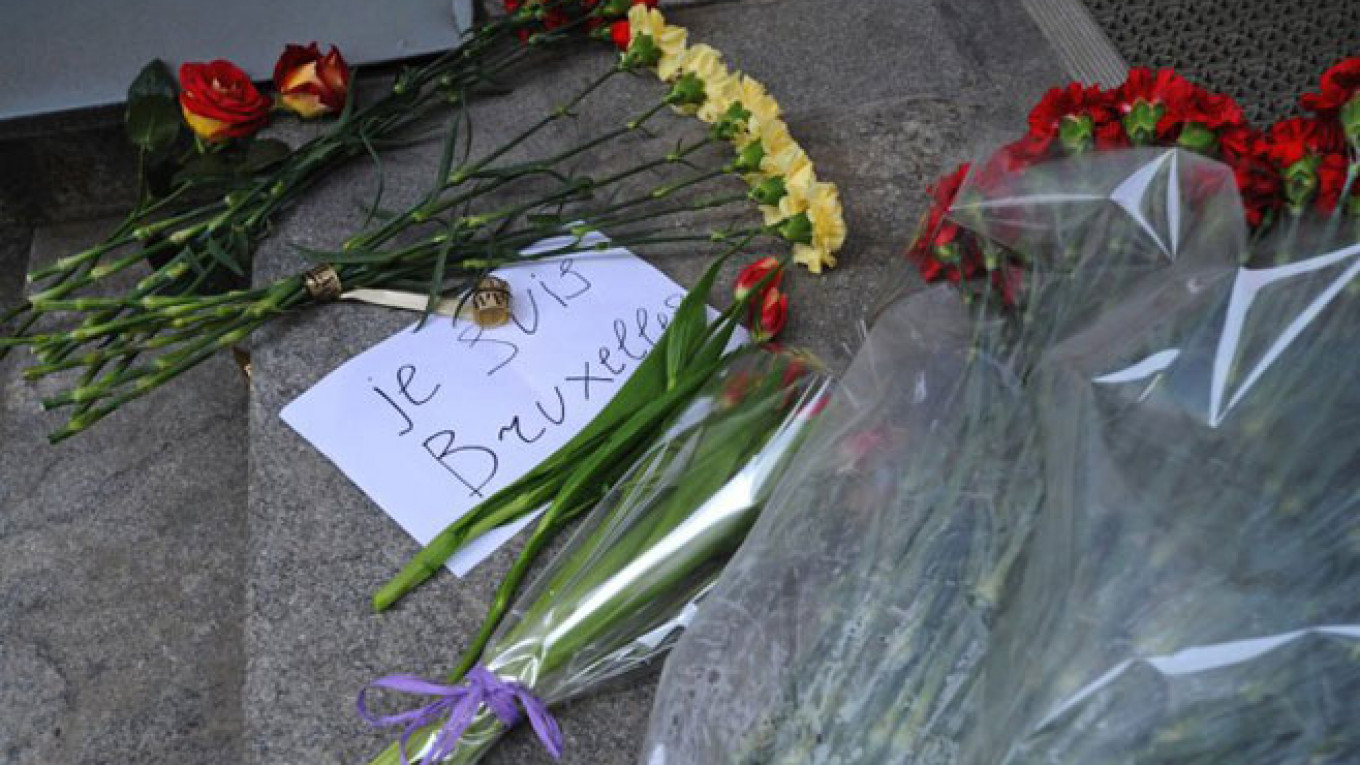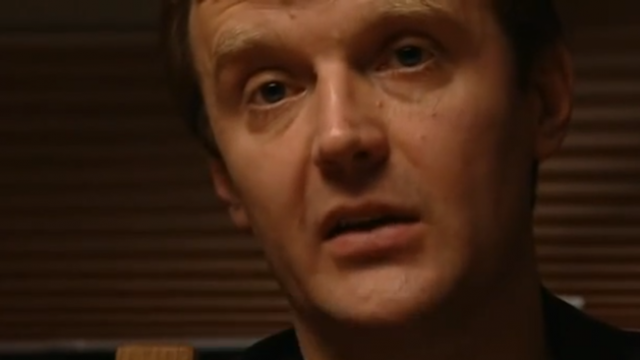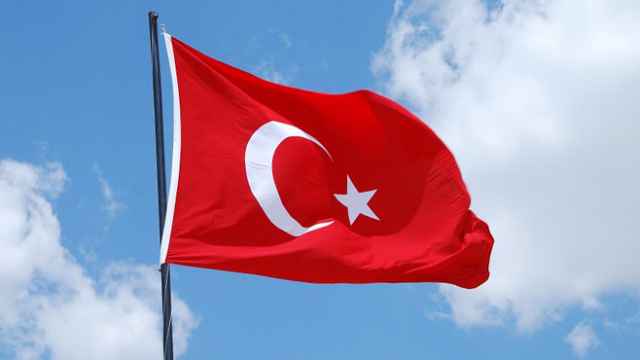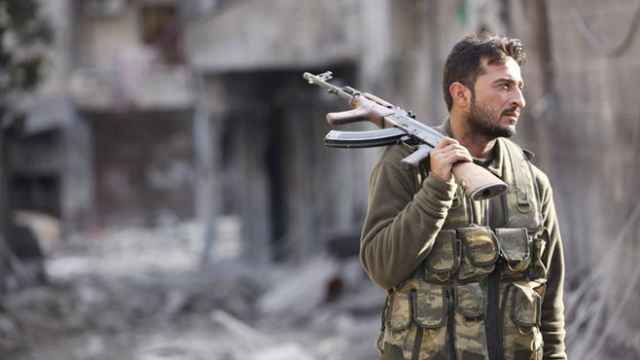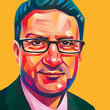
These days, the Russian government seems to observe jihadist terrorist attacks in the West with a thinly-veiled satisfaction, as well as a chance once again to rehearse its talking points that petty details such as the invasion of Ukraine ought not to be ignored in the name of counter-terrorist partnership.
Apart from the fact that the Kremlin is unlikely to get what it wants from any closer cooperation, it should not be lulled into thinking what happens in Istanbul and Brussels cannot happen again in Moscow.
This is being written the day after the attacks, when news is still breaking and rumors, assumptions and more than a little disinformation is flying thick and fast.
Even if it is too early to be certain about the background and causes of the attacks, one can already see patterns in the responses, both political and practical, and consider what this means for Russia.
First of all, distasteful as it may be, Moscow has learned that every tragedy is a political opportunity. President Vladimir Putin gained much early political capital with then-U.S. President George W. Bush by his prompt and generous response to the 9/11 attacks. By contrast, these days the Russians seem just as keen to score points.
In his official message of condolences, for example, Putin also noted that "the fight against this evil calls for the most active international cooperation" in a familiar refrain. He has built much of his post-Crimea, post-Donbass, post-sanctions foreign policy around the hope that the West can be seduced into a "my enemy's enemy is my friend" relationship.
The implicit deal is Russian intelligence materials and trigger-pullers in return for a willingness to turn a blind eye to its wider disputes with Moscow. Of course, there is some sympathy for this perspective in Western quarters. However, a willingness to work more closely with the Russians against common enemies such as Islamic State does not extend to granting them a free hand in Ukraine in return. Moscow cannot claim something is in Russia and the West's common interest and then claim a reward for doing something beneficial to itself.
Nor is this helped by the crass and clumsy antics of prominent figures within the Russian foreign policy community. Alexei Pushkov, the hawkish head of the State Duma foreign affairs committee leapt at the opportunity to take a swipe on Twitter at NATO Secretary-General Jens Stoltenberg for focusing on the "imaginary Russian threat" while ignoring terrorists "right under his nose."
The equally shrill Foreign Ministry spokesperson Maria Zakharova, likewise felt the need to combine the sympathetic with the snide, combining condolences with critiques of Western "double standards in the sphere of terrorism."
Ironically, Ukraine's SBU security agency chief Vasyl Hrytsak rode to the rescue. His tone-deaf and seemingly baseless comment that he "would not be surprised" if the attacks were "part of Russia's hybrid war" managed to distract some of the attention from the nakedly self-serving messages from Moscow.
In any case, it is a dangerous act of hubris for Moscow to be so comfortable trying to use terrorist attacks — first in France, then Turkey, now Belgium — for its own political ends.
Russia has had its fair share of terrorist attacks and while its security apparatus has formidable strengths, it is increasingly facing challenges for which it is less well suited.
Just as the Europeans are finding it difficult to identify, deter and detain radicalized members of their own communities, so too a Russian campaign which for two decades has focused on attackers from the North Caucasus is finding it harder to reorient to a threat from other Russian Muslims, or from Central Asian migrant workers.
The overwhelming majority of Russia's Muslim population (13-20 million, depending how you count) and migrant workers (maybe 5 million) are law-abiding, loyal and abhor terrorism. But it doesn't take that many to create a threat, and there have been a growing number of cases in which individuals have been connected with extremist movements.
This is a particular problem because the Russian security apparatus lacks contacts and legitimacy within these communities and analytic capacity to address whatever snippets of information it can gather within them.
So let us hope that Western politicians will not soon have reason to tweet their condolences to Moscow.
Mark Galeotti is professor of global affairs at New York University and expert in Russian security services.
A Message from The Moscow Times:
Dear readers,
We are facing unprecedented challenges. Russia's Prosecutor General's Office has designated The Moscow Times as an "undesirable" organization, criminalizing our work and putting our staff at risk of prosecution. This follows our earlier unjust labeling as a "foreign agent."
These actions are direct attempts to silence independent journalism in Russia. The authorities claim our work "discredits the decisions of the Russian leadership." We see things differently: we strive to provide accurate, unbiased reporting on Russia.
We, the journalists of The Moscow Times, refuse to be silenced. But to continue our work, we need your help.
Your support, no matter how small, makes a world of difference. If you can, please support us monthly starting from just $2. It's quick to set up, and every contribution makes a significant impact.
By supporting The Moscow Times, you're defending open, independent journalism in the face of repression. Thank you for standing with us.
Remind me later.



